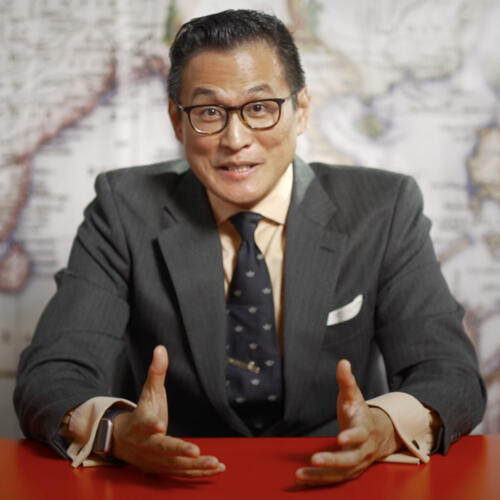Independence and Governance in Singapore: The Highest Stage of Colonialism?
Independence and Governance in Singapore: The Highest Stage of Colonialism?
Monday, October 22, 201812:00 PM - 1:30 PM (Pacific)
Singapore’s government is widely seen as competent, honest, and meritocratic—an exceptional case of post-colonial governance. Nor can any elected incumbent party anywhere match Singapore’s People’s Action Party’s 59-year record of uninterrupted rule. But recent events have cast doubt on the PAP government’s reputation for performance and stability. Despite acknowledging its need for new leaders, the government has been unable to select a clear successor to the current prime minister, even as his talented and popular deputy is sidelined, apparently due to his ethnic-minority background. When the government tried to ascertain public opinion on legislation against “deliberate online falsehoods,” the exercise descended into name-calling and threats against witnesses. Resentments have meanwhile risen over socioeconomic inequality and the mismanagement of public transport, housing, and health care.
How did this happen? In his talk, Dr. Thum will explore the historical forces that have shaped Singapore's politics and governance; explain the political economy of decision-making there; and recount his own experience with the turmoil affecting the country's government. He will argue that Singapore's post-colonial independence and governance are an evolution of—not from—British colonial rule. The government is responsive and accountable to international capital. But the PAP needs the approval of voting citizens to legitimize its continuation in power. The party’s leaders embody this dilemma in their struggles to reconcile two such different and competing sets of interests.

